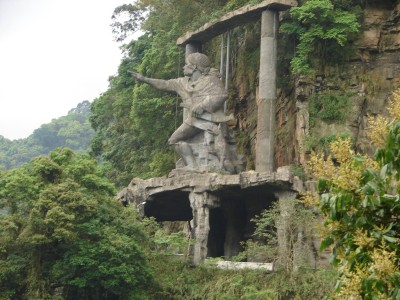《生態旅遊》是我在Springer出版的第四本書。前面三本,我出版了《新興經濟體的旅遊》、《展望環境素養》、《生活中的環境教育》。第四本書是討論「生態旅遊」跟「環境、健康與教育」的關係教科書,當然,這一本書又和《新興經濟體的旅遊》有關,討論在後疫情時代對於旅遊的看法。
我記得2020年的1月4日,當我用「永續發展目標」建構《新興經濟體的旅遊》,我的構想是希望協助東南亞、中南美洲,以及非洲國家發展旅遊經濟,但是2020年1月底的時候,新冠肺炎疫情席捲全球,全球旅遊經濟重創。3年之後,疫情稍歇,戰火重起。從去年俄烏戰爭,到今年的以巴戰爭。人類似乎殺紅了眼,不同種族和不同國家的人,仇恨之深,令人瞠目結舌。人類對於我在書中所談的「環境、健康與教育」,更是嗤之以鼻。
因此在四年之後,《生態旅遊》挾著《新興經濟體的旅遊》「未竟」之姿,將「沒有講清楚、說明白的內容」,捲土重來,內容以後疫情時代的「深度旅遊」,討論這個世界環境破壞的憂心忡忡。當然除了氣候變遷、疫情,以及戰火充斥的時代,進行討論。
當然!也對於六年之後,「永續發展目標」需要進行整體盤點的架構,進行深入的發想。到底2030年,我們對於這個世界,帶來的是什麼生態浩劫,還是更永續的發展。這本書不會提供答案,而是讓人類自行思考。
我們不是「二元對立」,而是要更融合,對於這個世界進行寬恕和憐憫。
這些都是我們要學習的功課。當EMI的教學,我們已經駕輕就熟。下學期能夠有一本《生態旅遊》英文教科書,搭配我開的課程「休閒遊憩哲學」,希望對於研究生有幫助。
好的教科書,除了要提供豐富的知識,甚至要能夠撫慰人心。我們在「社會情緒學習」,學習了很多對「非知識性」的傳播,讓學習成為一種樂趣。讓「更溫柔的語言」,看了「更讓人更開心的照片和圖片」,提供了「撫慰人心」的學習模式。
這是我在Springer出版的第四本英文教科書,這是國科會科普傳播計畫和教育部國際台灣學研究中心計畫中的小小的里程碑。
Ecotourism: Environment, Health, and Education (Sinophone and Taiwan Studies, 7) 1st ed. 2024 版本
作者 Wei-Ta Fang (Author), Arba’at Hassan (Author), Max Horng (Author)
This book bridges the gap on the critical issues of ecotourism and direct economic assistance to the conservation of local ecological and human resources. It covers various topics and case studies by ecotourism destination and ecotourism route from Sinophone and Taiwanese perspectives. Each chapter of this book includes comprehensive proposes as an important core value for planning and operating ecotourism. According to Sustainable Development Goals (SDGs), this book highlights our balanced understanding of sustainable tourism from the perspective of human ecology. Ecotourism needs to integrate the perspectives of population biology, bioanthropology, biomedicine, and public health and strengthen the connection between human ecology and disease. It is here to provide a comprehensive guide to all fascinating places for ecotourism courses. We encourage the following persons to read relevant chapters: (1) ecotourism entrepreneurs: business operators such as homestays, hot springs, ecological farms, and travel agencies; (2) ecotourism researchers: scholars and experts, university (specialized) college students, primary and secondary school teachers, and other ecotourism, environmental education, resource conservation, tourism and dining, leisure and recreation, other related fields researchers; and (3) ecotourism practice management and planners.
作者簡介
Wei-Ta Fang was born in Kaohsiung, Taiwan, on February 14, 1966. He received a B.A. degree in Land Economics and Administration from National Taipei University (Taipei, Taiwan) in 1989. He received his first master’s degree in Environmental Planning (MEP) from Arizona State University, the USA, in 1994, and a second master’s degree in Landscape Architecture in Design Studies (M.Des.S.) from the Graduate School of Design, Harvard University, the USA, in 2001. He obtained a Ph.D. from the Department of Ecosystem Science and Management, Texas A&M University, the USA, in 2005. His interest is quite broad, determined to participate in the United Nations’ environmental affairs by strengthening environmental security, and laying the ground based on the foundation of human peace forever to achieve enduring social, economic, and environmental sustainability. He lives in Taipei City with his wife, Chia-Ying Ho, and two sons, Cheng-Jun (June) and Cheng-Shun (Sam).
Arba’at Hassan, Ph.D., was born at Sungai Leman, the “rice-bowl area” in Selangor, on May 16, 1952. He started his teaching science career in high school (1970–1979) and was later appointed as a science education lecturer at a teachers’ training college in Tuaran (1980–1982). He was mentored and guided by Prof. Harold Hungerford and Prof. Tudi Volk, the most well-known professors in environmental education. Upon graduation, he taught environmental education at various universities in Malaysia (1994–2012), and the longest was at Universiti Kebangsaan Malaysia (UKM), Bangi, (2006–2012). At UKM, he participated in international conferences and collaborated with universities, examiners, and evaluator graduates at international levels, besides the university that he served. He trained and coached them in leadership and citizenship for the world. He was awarded the Scout Woodbadge (1979) and then the Excellent Merit Award from the Malaysian Scout’s Chief Commissioner a few months later (1979).
Max Horng was born on offshore Penghu or Pescadores Islands, one of the archipelago, Taiwan, on September 26, 1962. He began studying in Taiwan in 1977. Since 1986, he has been working in banking and finance. After joining the company’s photography club, he became acquainted with Mr. Shang-Hsi Cheng (1937–2011), a master photographer who was an instructor at the time. Under his guidance, he learned the essence of photography “recording,” which was held at the Jazz Gallery in 2003. His first photography exhibition “Clouds” commemorate the late master teacher Cheng in 2016, and the second solo exhibition “Meet Chaoyan” was held at the gallery. Adhering to the concept of “truth, goodness, and beauty,” he continued to care for the relationship between man and nature, man and land. He lives in Taipei with his wife, Chia-Chu.
出版者 : Springer; 1st ed. 2024版 (2024年 2月 25日)
語言 : English
Hardcover : 340 頁
ISBN-10 : 9819990963
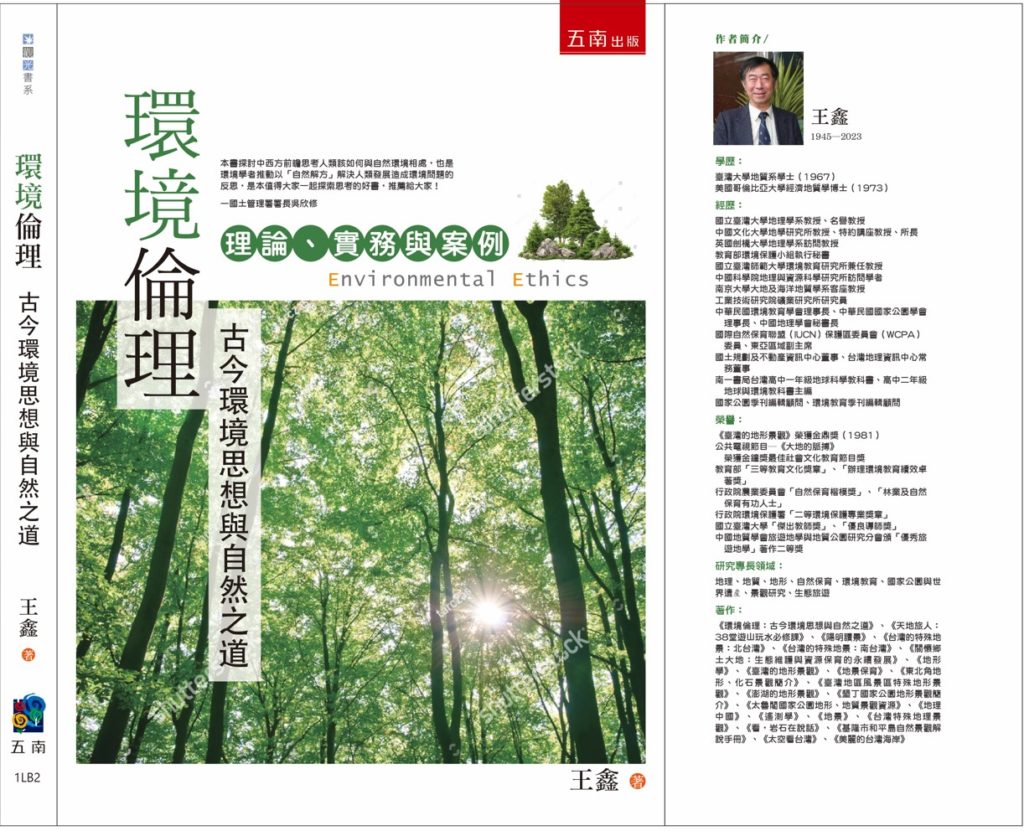
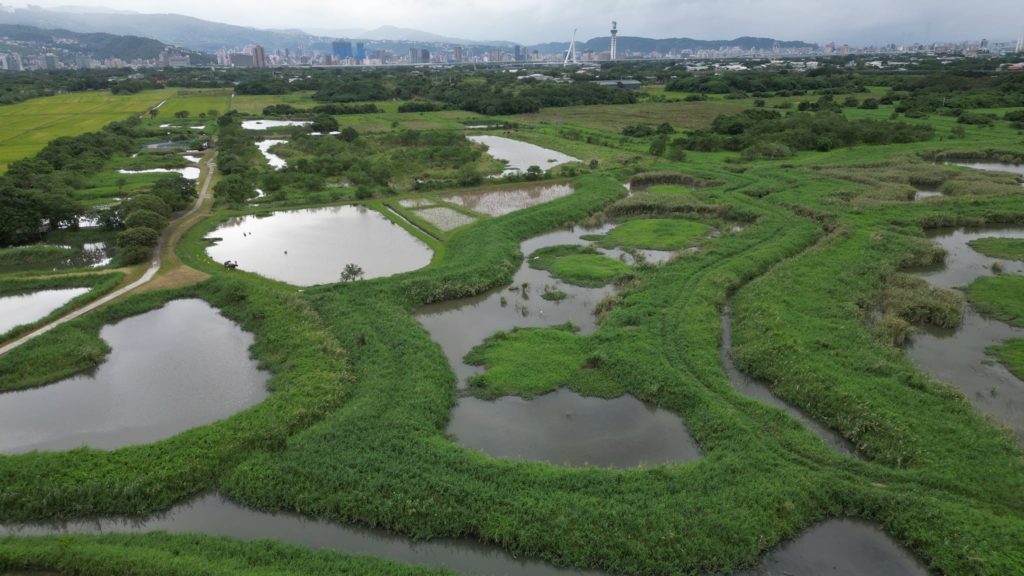
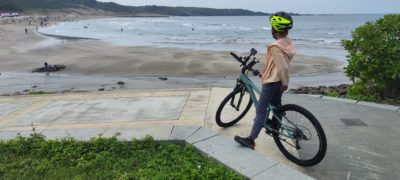 爸爸:「你為什麼不買車?」「我以前有車啊!那你的車為什麼不帶回來。」「我帶不回來。」我記得我2000年在美國哈佛大學念書的時候。開了一台銀色Toyota Camry。當時我當台灣學生會會長,「沒有100個人,也有50個人坐過我接送的車子。」當學生會會長,就是對台灣的政要、台灣來的訪問學者,以及台灣來的嬌貴新生,送往迎來。當會長,你只能任勞任怨。
爸爸:「你為什麼不買車?」「我以前有車啊!那你的車為什麼不帶回來。」「我帶不回來。」我記得我2000年在美國哈佛大學念書的時候。開了一台銀色Toyota Camry。當時我當台灣學生會會長,「沒有100個人,也有50個人坐過我接送的車子。」當學生會會長,就是對台灣的政要、台灣來的訪問學者,以及台灣來的嬌貴新生,送往迎來。當會長,你只能任勞任怨。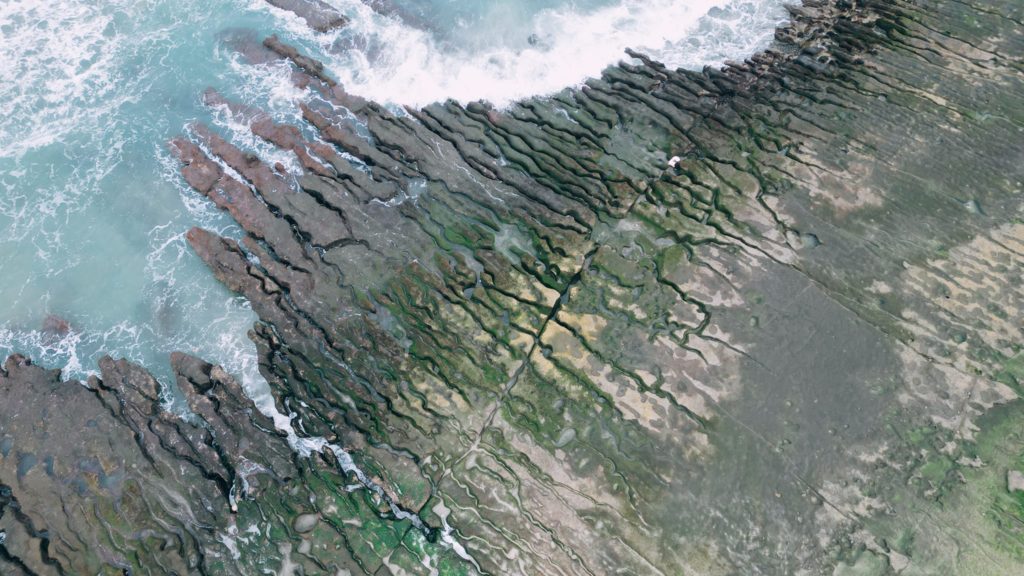 每次想到柱狀玄武岩,就想到的是站立起來的?還是橫躺在地上的?
每次想到柱狀玄武岩,就想到的是站立起來的?還是橫躺在地上的?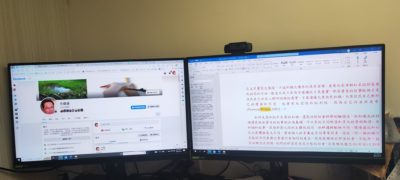

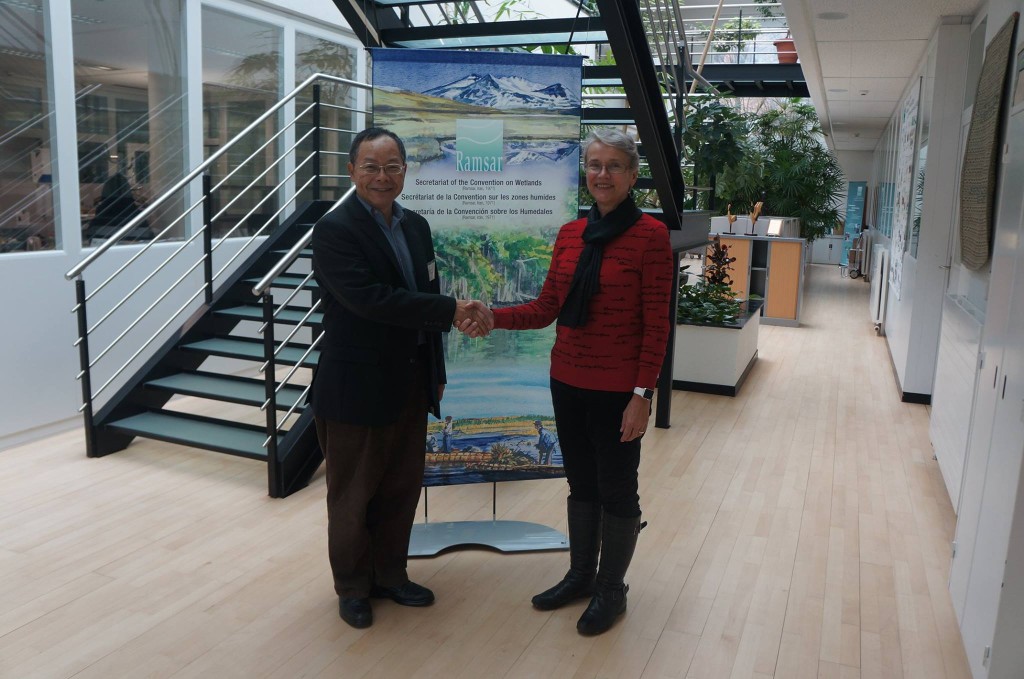 在瑞士的最後一天,天空依然陰沉,除了李利鋒博士帶我去了一趟日內瓦湖,遠望布朗峰,在雨天仍然可以看出灰灰茫茫的積雪,春天的瑞士真的不美,沒有秋季蕭瑟的那一股悸動。我看到湖畔的白天鵝帶著毛色尚未蛻變的雛天鵝,緩緩地向我游來,有一種看見野生動物的欣喜。在夏天的時候,人們會在日內瓦湖游泳,但是現在是春暖乍寒,氣溫隨時從零度翻到十度,有時晴天,有時陰雨,我感到這幾天在瑞士的日子,真的是乏善可陳。 Continue reading “瑞士的最後一天”
在瑞士的最後一天,天空依然陰沉,除了李利鋒博士帶我去了一趟日內瓦湖,遠望布朗峰,在雨天仍然可以看出灰灰茫茫的積雪,春天的瑞士真的不美,沒有秋季蕭瑟的那一股悸動。我看到湖畔的白天鵝帶著毛色尚未蛻變的雛天鵝,緩緩地向我游來,有一種看見野生動物的欣喜。在夏天的時候,人們會在日內瓦湖游泳,但是現在是春暖乍寒,氣溫隨時從零度翻到十度,有時晴天,有時陰雨,我感到這幾天在瑞士的日子,真的是乏善可陳。 Continue reading “瑞士的最後一天” 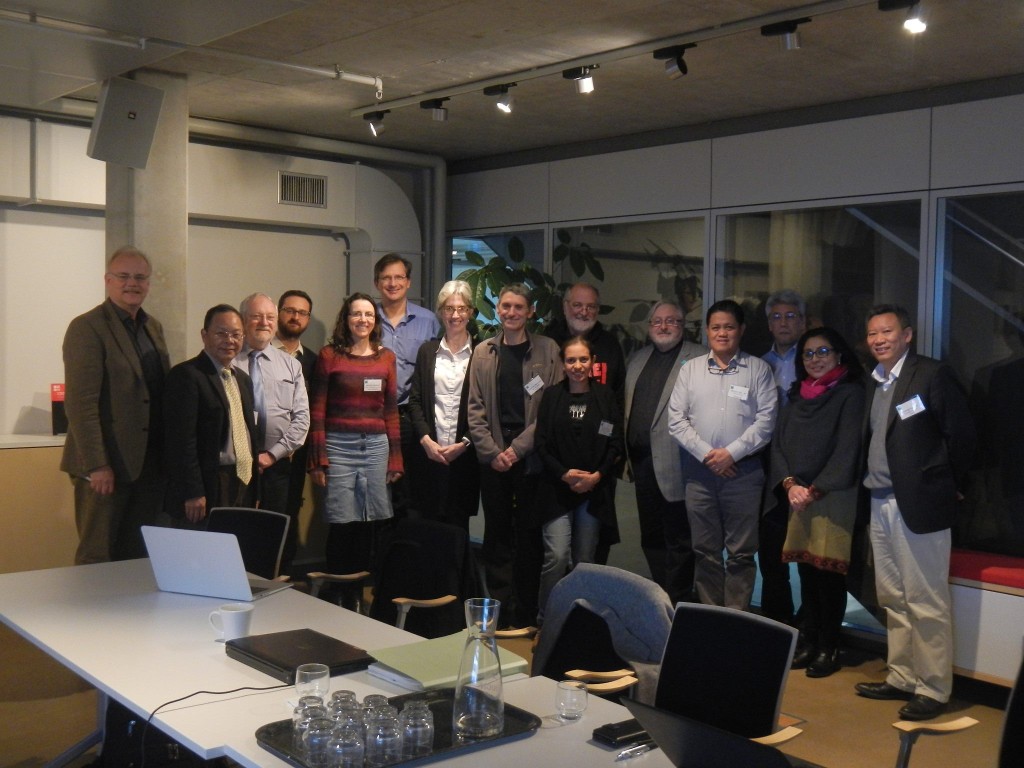 在瑞士格朗(Gland),經過民主程序辯論,討論出來的九大優先議題,程序雖然冗長,但是過程精彩,每次分組討論之後的成果,都需要在下午七點之前,進行匯報。討論從上午九點開始,到中午一點,中間只休息一個小時,下午二點開會到晚上七點。最後,九大議題經過冗長的辯論之後,各分組主持人,都要寫成十頁的報告,大家幾乎都是逐條討論,用放大鏡看問題。和研討會中看到最後成果發表,是不同的。在這裡,討論是常態,看到的材料,都是大綱,我也看到濕地議題的真正民主。這一段時間,我也抽空和WWF Marco Lambertini、朴尚德、Ramsar Regional Center-East Asia徐昇吾主任,以及雷光春院長談了一下。出來一段時間了,到蘇黎世聯邦研究院和Anna Hersperger談了一下午,目前Hersperger執行歐盟一個五年200萬歐元(臺幣6000多萬)的計畫,她進行歐洲和美國城市永續發展的研究。看到老同學的卓越成就,總是讓我非常地開心。我在想忙碌中很難偷閒,在開學之前,總是比開學之後,更加地忙碌。 Continue reading “瑞士格朗(Gland)的民主程序辯論”
在瑞士格朗(Gland),經過民主程序辯論,討論出來的九大優先議題,程序雖然冗長,但是過程精彩,每次分組討論之後的成果,都需要在下午七點之前,進行匯報。討論從上午九點開始,到中午一點,中間只休息一個小時,下午二點開會到晚上七點。最後,九大議題經過冗長的辯論之後,各分組主持人,都要寫成十頁的報告,大家幾乎都是逐條討論,用放大鏡看問題。和研討會中看到最後成果發表,是不同的。在這裡,討論是常態,看到的材料,都是大綱,我也看到濕地議題的真正民主。這一段時間,我也抽空和WWF Marco Lambertini、朴尚德、Ramsar Regional Center-East Asia徐昇吾主任,以及雷光春院長談了一下。出來一段時間了,到蘇黎世聯邦研究院和Anna Hersperger談了一下午,目前Hersperger執行歐盟一個五年200萬歐元(臺幣6000多萬)的計畫,她進行歐洲和美國城市永續發展的研究。看到老同學的卓越成就,總是讓我非常地開心。我在想忙碌中很難偷閒,在開學之前,總是比開學之後,更加地忙碌。 Continue reading “瑞士格朗(Gland)的民主程序辯論” 